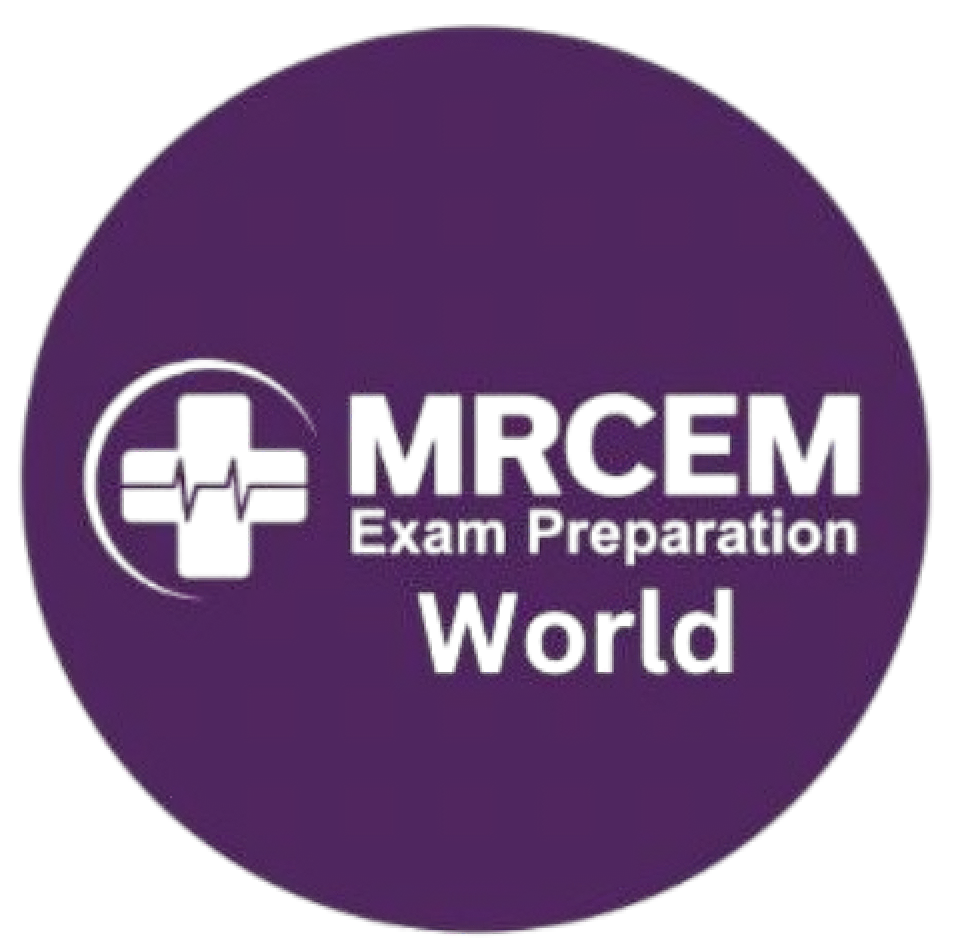Introduction
Exam anxiety is a common experience for many candidates preparing for the MRCEM (Membership of the Royal College of Emergency Medicine) exam. However, with the right strategies and mindset, you can overcome exam anxiety and perform your best on exam day. In this guide, we’ll explore effective techniques for managing exam anxiety and navigating the MRCEM exam with confidence.

Understanding Exam Anxiety
Exam anxiety, also known as test anxiety, is a psychological condition characterized by feelings of fear, nervousness, and apprehension before or during an exam. It can manifest as physical symptoms such as sweating, trembling, rapid heartbeat, and difficulty concentrating, ultimately impacting performance and confidence.
Strategies for Managing Exam Anxiety
Implement the following strategies to manage exam anxiety and optimize your performance on the MRCEM exam:
Prepare Thoroughly
Thorough preparation is one of the most effective ways to combat exam anxiety. Develop a structured study plan, cover all relevant topics, and review practice questions to build confidence in your knowledge and skills. The more prepared you feel, the less anxious you’re likely to be on exam day.
Practice Relaxation Techniques
Incorporate relaxation techniques into your daily routine to reduce stress and anxiety. Deep breathing exercises, progressive muscle relaxation, mindfulness meditation, and visualization can help calm your mind and body, promoting a sense of relaxation and focus.
Stay Physically Active
Regular physical activity is essential for managing stress and anxiety. Engage in activities such as walking, jogging, yoga, or dancing to release tension, boost mood, and improve overall well-being. Prioritize exercise as part of your study routine to maintain a healthy balance between mental and physical health.
Maintain a Balanced Lifestyle
Maintain a balanced lifestyle leading up to the exam, including adequate sleep, nutritious diet, hydration, and regular breaks. Avoid excessive caffeine, sugary foods, and stimulants that can exacerbate anxiety symptoms. Establish healthy habits that support your overall well-being and resilience.
Practice Positive Self-Talk
Challenge negative thoughts and self-doubt with positive affirmations and self-talk. Replace anxious thoughts with statements of confidence and encouragement, reminding yourself of your strengths, capabilities, and past successes. Cultivate a positive mindset that empowers you to overcome challenges and perform your best.
Visualize Success
Visualize yourself succeeding on the MRCEM exam, envisioning a positive outcome and feeling confident in your abilities. Create mental images of yourself calmly answering questions, recalling information effortlessly, and navigating challenging scenarios with ease. Visualization can boost confidence and reduce anxiety by programming your mind for success.
Focus on the Present Moment
Stay present-focused during the exam, concentrating on one question at a time without dwelling on past mistakes or worrying about future outcomes. Practice mindfulness techniques to anchor yourself in the present moment, maintaining awareness of your thoughts, emotions, and sensations without judgment.
Utilize Relaxation Aids
Consider using relaxation aids such as calming music, aromatherapy, or stress-relief gadgets to promote relaxation and reduce anxiety during exam preparation and on exam day. Experiment with different techniques to find what works best for you and incorporate them into your study environment.
Conclusion
Exam anxiety is a common challenge for MRCEM candidates, but it doesn’t have to derail your success. By implementing effective strategies for managing anxiety, such as thorough preparation, relaxation techniques, physical activity, balanced lifestyle, positive self-talk, visualization, present-focused mindset, and relaxation aids, you can overcome exam anxiety and perform your best on the MRCEM exam. Remember to prioritize self-care, maintain perspective, and believe in your ability to succeed. With resilience, determination, and a proactive approach to managing anxiety, you can navigate the MRCEM exam with confidence and achieve your professional goals in emergency medicine.







